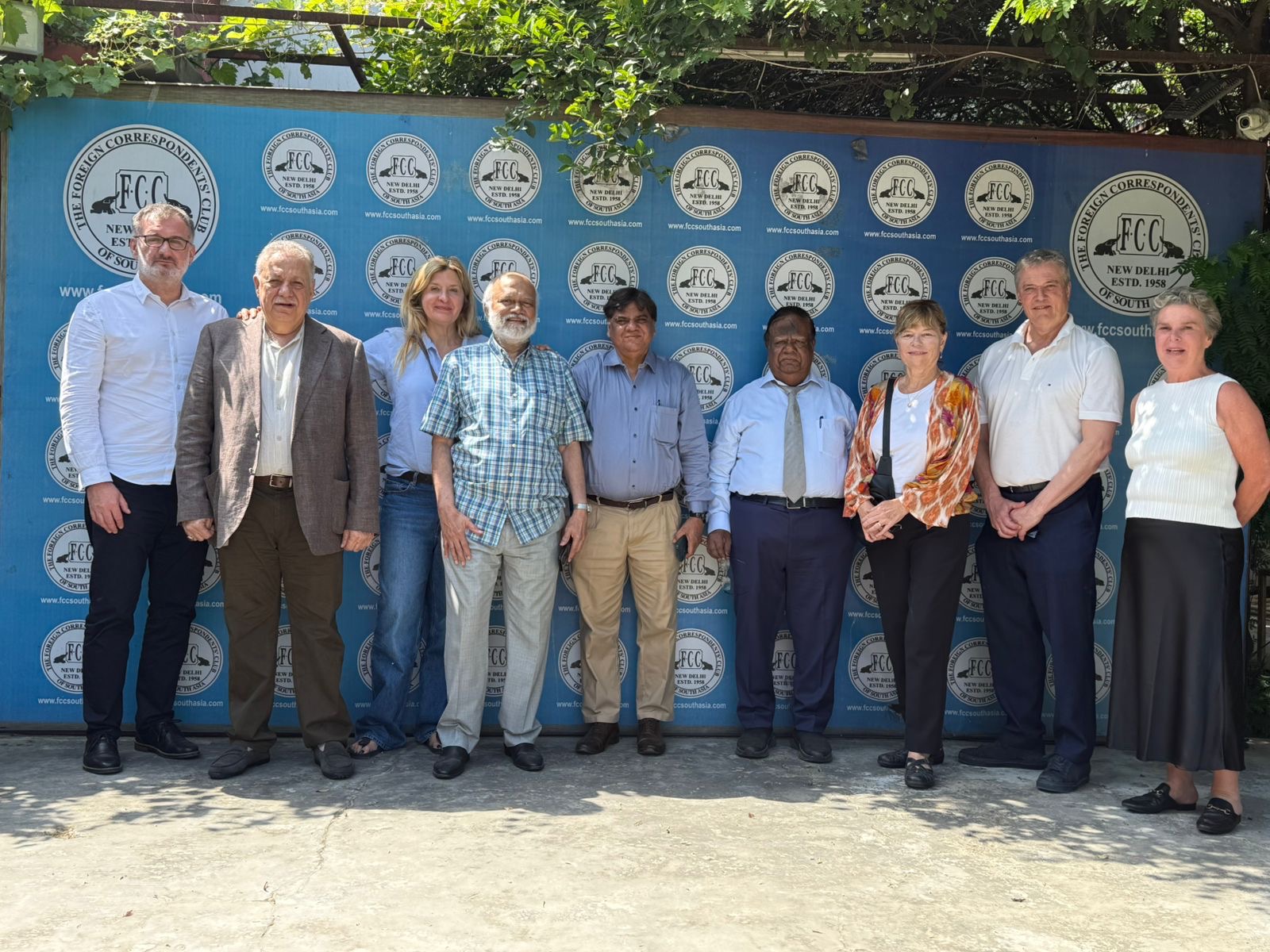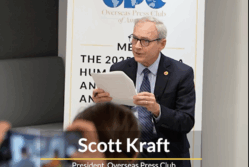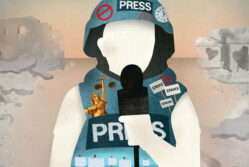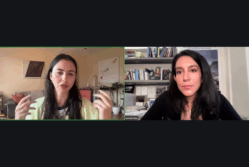Event Coverage Highlight

International Association of Press Clubs’ Meeting in India
The President of the Foreign Correspondents’ Club of South Asia (FCC South Asia), Dr. Waiel Awwad, assumed the presidency of the International Association of Press Clubs (IAPC) on Sept. 26, succeeding Doug Wills of the London Press Club. The transition took place following the conclusion of the Association’s assembly meeting, held in New Delhi and hosted by FCC South Asia.
“It is an honor to take on this responsibility at such a crucial time for global journalism,” Dr. Awwad said. “The press today faces unprecedented challenges—from disinformation to shrinking freedoms—and it is vital that press clubs unite in solidarity. I look forward to working with all member clubs to strengthen cooperation, defend free expression, and ensure that journalists everywhere have the support they need to pursue the truth.” FCC South Asia, founded in 1958, is among the oldest and most respected press clubs in the region.
OPC Executive Director Patricia Kranz participated in the assembly. Other members that traveled to New Delhi for the meeting were the Maurice Reilly and Julie Hare of the National Press Club of Australia and Jaroslaw Wlodarczyk and Magdalena Rigamonti of Press Club Polska. Wlodarczyk, who is also secretary general of the IAPC, said members from Ukraine and Belarus wanted to attend but diplomats in their home countries discouraged them, saying they risked being turned over to Russian officials once they landed in India.
The IAPC brings together more than 50 press clubs worldwide, serving as a global voice for journalists and a defender of press freedom. Thirteen clubs have voting rights. Increasing engagement was a prominent topic discussed during the meeting. Two ideas gained support: Holding periodic Zoom meetings where executives from press clubs can discuss their business models or pressing issues; and setting up an RSS feed on the IAPC website where member clubs could automatically share posts about their activities.
Delegates also discussed ways to ramp up and streamline the IAPC’s press freedom activities. Methods to speed up the process by which the association issues statements in support of journalists imprisoned or killed were considered. A proposal to create a template for press freedom statements that can be filled out quickly and published by the board was approved. Up to now, statements could not be published until individual member clubs were polled by email.




